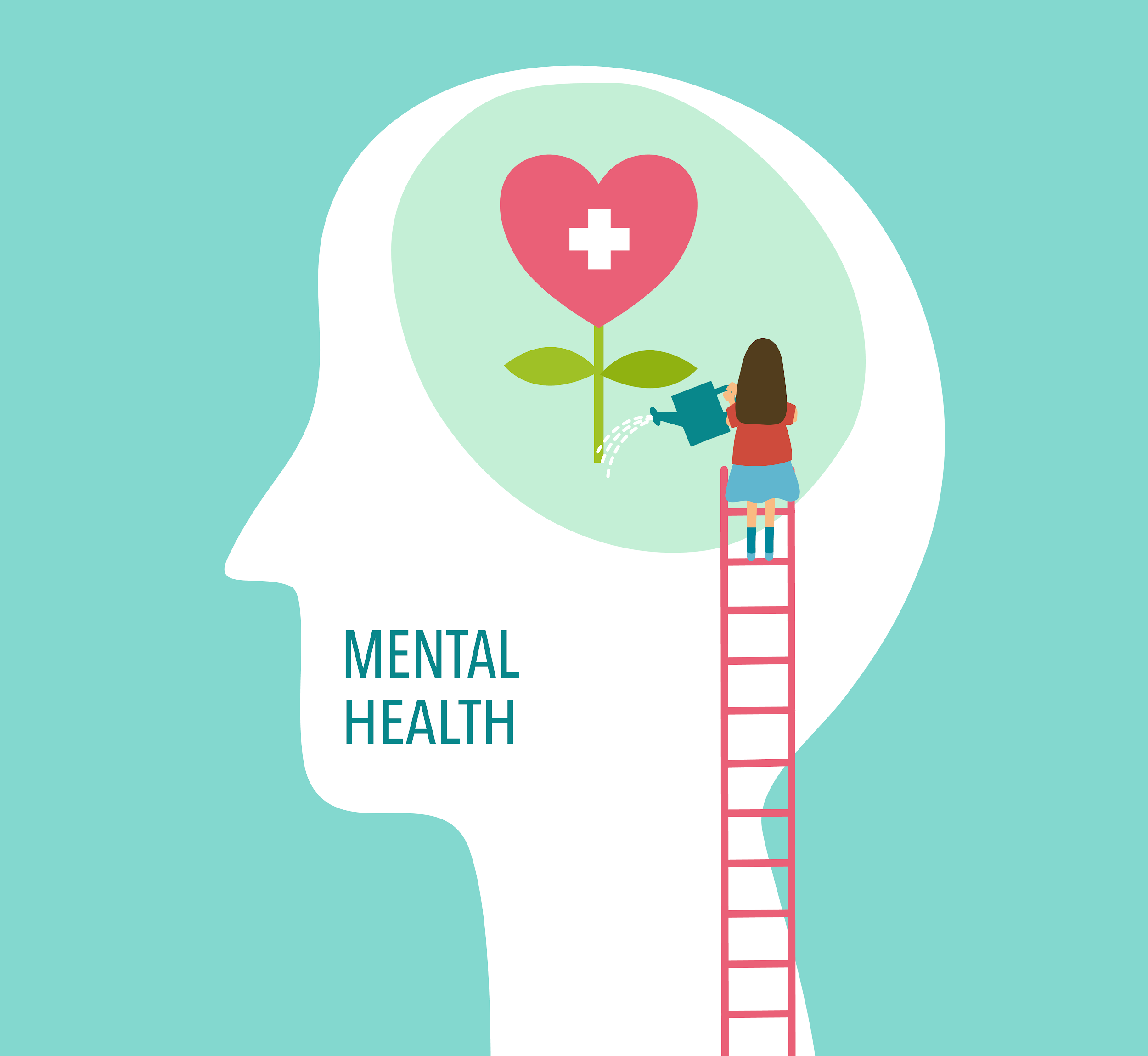In the last year, since the World Health Organization has declared the coronavirus disease a pandemic, the lives of billions of people have enormously and abruptly changed. If we try and think about what our lives were like before this whole thing happened, the memories seem to be so far away that they almost feel untrue. If in the first months of the pandemic we were dreaming about going back to normality, now we are almost scared of it. We have a hard time remembering what it felt like to go out with a group of friends without having to constantly worry about keeping our distance and washing our hands; we forgot what it means to breathe fresh air without wearing a mask and what it feels like to hold hands. This last year shaped our behaviour so much that the thought of touching somebody or not wearing a mask when we are next to people scares us. We no longer know what normality is, what feeling safe means and all of this inevitably had an impact on our mental health.
For centuries mental health has been a taboo. No one talked about it because it only brought along shame and derision, caring about the state of our mind was considered a sign of madness. Fortunately, in the last few years this topic has been brought to light by many people who are fighting to normalise it and to make people understand that there is nothing wrong with it.
If we think about why this topic has such a bad connotation, there really is no plausible reason, but somehow if someone says he has an appointment with a therapist, we immediately think of him or her as a crazy person who needs help to be normal. But then, if we really think about it, if someone tells they are going to see a physiotherapist, nothing of this sort goes through our mind. If a friend starts going to the gym to keep fit, we admire him, so why are we so shocked at the idea that someone may want to take care of his brain too?
Luckily, for what concerns this topic, the pandemic was of great help. As we can easily assume, with the several lockdowns came also a lot of stress. This situation was really hard on our mental state, we’ve had to adapt to a completely new routine and while our bodys were quickly able to accept the change, our brain has had to process all the news and it wasn’t at all prepared for it. All of a sudden nothing was like before, what seemed like a bad dream became our reality, and since then we have been bombarded with bad news every day, seeing the number of deaths increase more and more, getting our hopes up every now and then just to see them being smashed to the ground a little after, has made every and each one of us unstable. We have all had terrible moments, we all wonder how much more of this we can take. But, as I said before, this had an advantage. Many popular people started talking about mental health and our society is starting to realise that we need to take care of ourselves, to get a hold of our emotions and our feelings, and that there is nothing wrong with asking someone to help us do that.
Simona Moraschini 3BL
